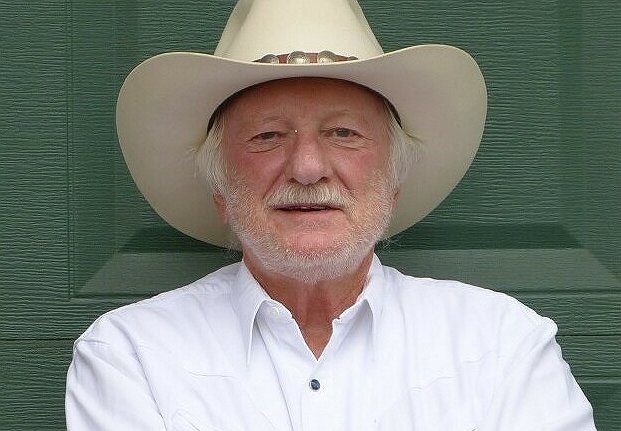AT&T/TW: In This Corner, Six Mega-Competitors

Continuing this week's conversation about AT&T and Time Warner ... consider the new media world. It's all about AT&T v. Comcast v. Verizon v. Charter v. Disney v. CBS/Viacom ... and so on. There are two mega competitors right now, along with one (pending government approval) in the wings and three others contemplating their next steps.
The new media landscape is all about marrying content with conduit … and the most interesting aspect is, conduit is leading the way! Comcast made the first (recent, this stuff has a long and mixed history) move to the vertical integration model when it made its bid for NBCUniversal. That's worked out quite nicely. Of course, Comcast had a couple of aces to help make the model work. To wit: some programming experience and Steve Burke. (Burke and Brian Roberts can often complete one another's sentences and/or thoughts and/or instincts, which makes for nice synergy.) The company will soon, it says, launch a cellular companion to its wide-spread wi-fi infrastructure.
Verizon, sensing opportunity but thinking digital first instead of video first, pounced on the ghost of AOL and now wants, for a little more than first offered, the many lists owned by Yahoo. Verizon, of course, has cellular and landline (paired wire and FiOS).
And here comes AT&T. It's already got lots of conduit via wire (telco + U-verse), wireless (a couple gazillion cellular subs) and satellite (DirecTV). Now the big T wants to cut a deal giving Jeff Bewkes a nice retirement by acquiring Time Warner (you know, the company that jettisoned the late Time Warner Cable, now a part of Charter).
Of note: That's three original infrastructure companies each adding content.
About the other three I mentioned above: Charter has a rather large number of subs and lots of strategic infrastructure … not to mention a friendly board that includes the seats for all the global Liberty properties plus LionsGate (which bought Starz). Charter, thanks partly to its Time Warner Cable acquisition, has extensive wi-fi deployment as well; and it plans to go cellular via Verizon's network (which Comcast will use, too).
Disney has some infrastructure (yesterday's?) with the ABC television O&Os and affiliates.
Ditto for CBS/Viacom (which could easily produce its own reality TV tragicomedy).
So how long will it be before all six face off?
Well, it will take at least a year for AT&T to join the fray. That's if the Justice Department doesn't abandon its earlier criteria and kill it. Of course if Justice does kill it we should probably count on a re-energized anti-trust unit to attack Comcast and Verizon, trying to separate content and conduit for a few hundred years. Which would, of course, change everything.
It is also possible scenario that the other conduit/content behemoths will take another couple of years … if they can figure out how to accumulate infrastructure without actually building it … unless you can spell 5G … or Dish plus? … or even Alphabet's Access (you know it as Google fiber which appears to have discovered just how hard it is to compete with infrastructure)?
And, hey! What about Fox? Well, there's always Sky in Europe and more satellite providers around the world … and if neither Disney nor CBS pursue Dish or T-Mobile or Sprint … well, why not?
Random Notes
About that long regulatory year: It is going to be a slog. Just listen to the noise from politicians and politician-wannabes this week. The plain fact is that nothing will be done and no one can really plan (except to load up on even more lobbyists for AT&T and various "do good" groups) until after November 9 … or even January 20. (It will take until then to know exactly from whom to beg.)
Next question: What will TW do with WPCH-TV channel 17 in Atlanta? Sell it, probably. If necessary, give it away, even though it was once WTCG (watch this channel grow!) and WTBS (the first true superstation) in order to avoid Federal Confusion Commission oversight of the sale to AT&T.
But the forces to watch -- as James B. Stewart wrote in The New York Times on the October 25 in "Why a Media Merger That Should Go Through Might Not" -- are all those who want to upend merger laws and simply prevent the world from more "bigs." It's a false issue though. The marriage of conduit and content might be the only way to prevent those advertising mega behemoths known as Google and Facebook from getting even bigger.
Click the social buttons above to share this story with your colleagues.
The opinions and points of view expressed in this commentary are exclusively the views of the author and do not necessarily represent the views of MediaVillage.com/MyersBizNet, Inc. management or associated bloggers.


